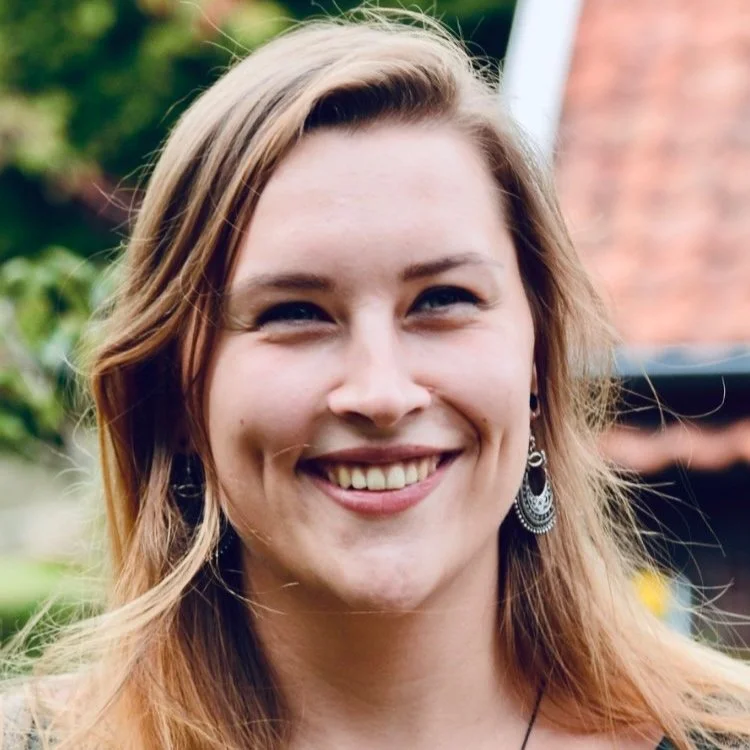
About us
Willem Frankenhuis
is an Associate Professor of Evolutionary Psychobiology at the University of Amsterdam and a Senior Researcher at the Max Planck Institute for the Study of Crime, Security and Law. He studies how cognition and behaviour develop in harsh and unpredictable conditions. His empirical work focuses on ‘hidden talents’, abilities that are enhanced by adversity, and ‘reasonable responses’, behaviour that can be understood as a response to the costs and benefits faced by people living in poverty. His theoretical work uses mathematical modeling to explore the evolution and development of plasticity, the ability to adjust development to different environmental conditions. For all of his publications, click here.
Nicole Walasek
is a Postdoctoral Researcher at the University of Amsterdam interested in the evolution and development of sensitive periods – time periods during which experiences have a particularly large impact on development. She uses mathematical models to explore how different environmental conditions, such as environmental change, shape patterns of sensitive periods across development. She is also interested in developing a statistical framework for studying environmental stability and change in empirical data.
Esther Weijman
is a behavioral scientist at a secondary school for special education and a PhD candidate in the Clinical Psychology department at the Open Universiteit. She conducts research on the long-term effects of childhood neglect, adopting a holistic approach that examines (systemic factors that contribute to) both negative, psychopathological, outcomes as well as resilience and positive development. With a background in developmental psychology, her work is informed by evolutionary and positive psychology.
Stefan Vermeent
is Postdoctoral researcher at the Institute for Biodiversity and Ecosystem Dynamics of the University of Amsterdam with a background in cognitive and developmental psychology. His research aims to integrate findings of cognitive deficits and adaptations in people from adverse conditions. Specifically, he uses cognitive modeling techniques such as Drift Diffusion Modeling to better understand how adversity is associated with different cognitive processes and abilities.
Kat Adams Shannon
is a Postdoctoral Researcher at Stanford University. She studies how experience shapes young children’s attention, self-regulation, and learning strategies, particularly in the context of adaptation to social and environmental risk. A key aim of her research is to create and collaborate on innovative uses of technology and statistical methods to support education and developmental science.
Benoît de Courson
is a PhD Student in the Max Planck Institute for the Study of Crime, Security and Law. He uses formal models and agent based simulations to study the link between deprivation, inequalities and violent behaviour. In addition, he is interested in digital humanities and in particular in its application in French contemporary history.
Rasa Erentaitė
is a Chief Researcher at the Educational Research group at Kaunas University of Technology. She studies aspects of psychosocial development in adolescents and youth, especially identity formation, goal regulation processes, academic motivation and achievement, and the significance of the socio-economic-cultural context. In her research, she primarily employs longitudinal and cross-sectional survey strategies.
Meriah DeJoseph
is a Postdoctoral Fellow at Stanford University’s Center on Early Childhood. She studies how the type and timing of child poverty influence adaptive self-regulation and learning development across levels of behavior, physiology, and the brain. A long-term goal of this work is to inform applied policy efforts that enhance and sustain youth's capacity to thrive in the face of economic inequality.
Kathryn (Katy) Willcox
is a PhD Student at the University of Ghent’s Department of Experimental Psychology and Centre for Research on Ecology, Cognition, and Behaviour of Birds. Her work integrates behavioral biology and animal experimental psychology in the study of birds. In her PhD she is focusing on how birds’ early-life social environments influence the development of their behavior and cognition, particularly their inhibitory control and learning.
Sera Wiechert
is a Postdoctoral Researcher at the Max Planck Institute for the Study of Crime, Security, and Law. She completed her PhD in legal psychology, focusing on the investigation of false memory phenomena. In her postdoctoral work, Sera explores the influence of short-term mindsets on criminal behavior. She is dedicated to advancing the understanding of this concept through the formal testing of the Short-Term Mindset Theory using time-span data.
Iris Rapoport
is a research assistant and Research Master’s student in Brain & Cognitive Sciences at the University of Amsterdam with a background in philosophy and psychology. She studies autism, ADHD, and stimulant medication effects on the brain, with an emphasis on interactions between sex and gender in mental health. She is interested in evolutionary approaches to understanding neurodevelopmental conditions and executive functions.
Sharon Padt
is a junior researcher and research assistant at the University of Amsterdam, conducting research on the working mechanisms of cognitive restructuring, psychoeducation and exposure components in social skills interventions. With a background in childhood and pedagogical studies, she is interested in how young people’s self-concept and social connectedness shape their quality of life, particularly when they have experienced adversity in childhood.
Noah van Dongen
is a postdoctoral researcher at the Erasmus University Rotterdam, interested in theory development methodology. He is currently working on many modelers and many theorists approaches to differential theory development and consensus projects to establish and refine normative theory development methodology. He also endeavors to produce educational materials for teaching theory development skills at undergraduate and graduate level.

























